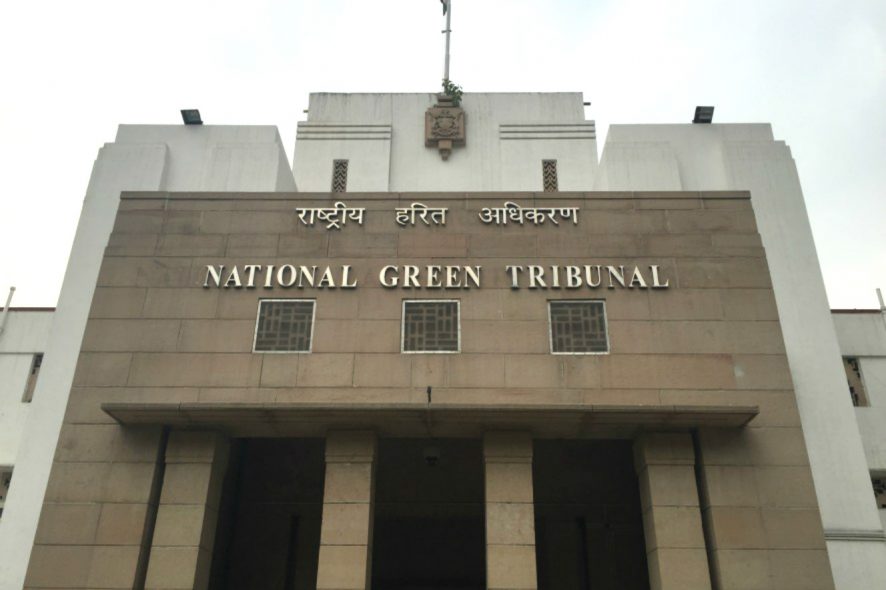National Green Tribunal: A Coram of Justice A.K. Goel (Chairperson), Justice S.P. Wangdi (Judicial Member), Justice K. Ramakrishnan (Judicial Member) and Dr Nagin Nanda (Expert Member) disposed of an application filed against Volkswagen India Private Ltd. after imposing a fine of Rs 500 crores on it.
This application had been filed before the Tribunal alleging that engines manufactured by Volkswagen have been found to be in violation of norms in USA and Europe on account of the employment of ‘cheat devices’, defeating the test of the actual state of affairs. This matter was famous by the name of ‘Volkswagen Emission Scandal’ globally. In September 2015, it came to light that Volkswagen had installed ‘cheat devices’ in engines of thousands of their vehicles since 2009. The software helped make the cars meet exhaust pollution standards when monitored in tests but in real, the emissions exceeded the limits. As per reports, the scandal has so far cost Volkswagen more than 26 billion Euros in fines, compensation and buyback.
The learned counsels for the applicant Sanjeev Ailawadi, Vipul Ganda and Preeti Nain brought to notice of the Tribunal various evidences which were relied upon by the applicant- “statement before the Lok Sabha on 11-04-2017, result of testing by Automotive Research Association of India (ARAI), notice issued by the US Environment Protection Agency (USEPA), news item dated 05-11-2015 in Business Standard under the heading “Volkswagen fails emission test in India”, news item dated 28-09-2015 in the Economic Times under the heading “Timeline of events in Volkswagen pollution cheating scandal” and statement on behalf of Ministry of Heavy Industries in the counter affidavit stand of the manufacturers”.
The learned counsels for the respondent Pinaki Mishra, Bishwajit Dubey and Surbhi Khattar raised an objection to the application by saying “that the manufactures have been found to be compliant of the regulatory environmental norms. In view of this conclusion, there being no norms prescribed for on-road testing, manufacturers cannot be held to be noncompliant in any manner.” They further made reference to Notification dated 16-09-2016 issued by the Ministry of Road Transport and Highways under Section 212 of the Motor Vehicles Act, 1988 laying down that PEMS (Portable Emission Measurement System) can be used. It is submitted that this provision has been introduced for the first time on the said date. The same could not be applied in the present case prior to Notification.
After hearing both the sides, Tribunal observed that it cannot accept the objections to the report raised on behalf of the manufacturers. The report categorically finds the use of cheat device and violation of norms at the time of road testing. It has also been found that nitrogen oxides (NOx) emission in certain models of Volkswagen were higher than the other Indian vehicles tested using the same protocol which was corrected during the recall of vehicles under the supervision of ARAI. It also observed that the ‘Precautionary Principle’ and ‘Sustainable Development’ principle are part of Article 21 of the Constitution of India and Section 20 of the National Green Tribunal Act, 2010. ‘Polluter Pays’ principle does not mean polluter can pollute and pay for it. It would include environmental cost as well as a direct cost to people. Thus, the Tribunal imposed a fine of Rs 500 crores on Volkswagen.[Saloni Ailawadi v. Volkswagen India (P) Ltd., 2019 SCC OnLine NGT 69, decided on 07-03-2019]







